As a Reading Specialist and English teacher, I am always looking for ways to make learning to read fun for the students I tutor and my own little emerging readers.
While I was organizing my desk today, trying to file my huge stacks of papers, files, books, games, and binders, I ran across something I thought was worth sharing: an Age-Appropriate Speech Sounds packet.
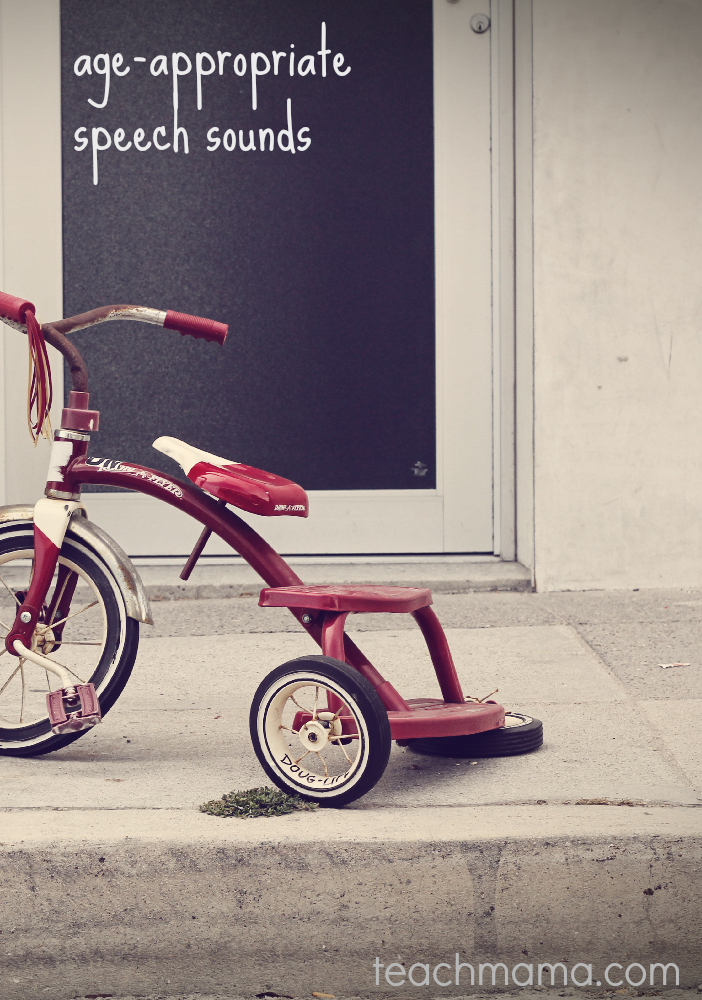
That’s right–all of the sounds your child should be able to master and the general timeframe for each.
It’s just a starting point. And you should totally talk to your pediatrician if you have any concerns. But it’s good to have as a reference.
Here’s the skinny. . .
Age-Appropriate Speech Sounds:
This small packet is not in the best shape, and I’m not even positive of its exact origin (my apologies!), but I do know that I received it as a part of an Early Literacy course for my Master’s program not that long ago.
age-appropriate speech sounds is here as a pdf for you to download if you please.
What I love about this resource is the ease with which anyone–teacher, parent, student, whomever–can read and understand when children should be able to master certain speech sounds.
I also love that it spans ages three through nine, and it made clear to me that children aren’t expected to “own” those tricky blends and even trickier digraphs until age six.
I also appreciate the last page, which shows where in the mouth the sounds are formed. In fact, a few days ago at breakfast, Cora said–out of the blue–that she missed her Uncle Will. Except she said, in a sad and whiny little voice, Mommy, I am so sad. I miss my Uncle Woo.
Maddy said, Cora, his name is Uncle Will. It rhymes with mill and sill. Can you say, ‘Will’? Maddy is five and Cora’s two. I always get a kick out of little teachers trying to help littler students.
Even Owen jumped in and tried saying ‘Will’ with a definite ‘l’ at the end, but he had trouble: Uncle Wou, he said.
So I said, La, la, la, la, lllllllllaaaa, (in my best singing voice ever). Who can make their tongue touch the top of their mouths and sing with me–la, la, la, la, llllaaaaa. . . .
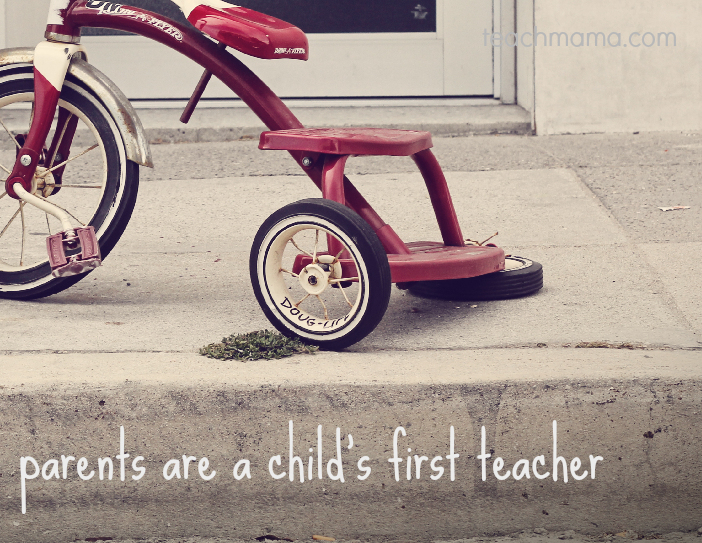
Maddy, Owen, and Cora joined in, and then I said. Listen: Willlll. Can you feel your tongue touch the top of your mouth when you say ‘Will’?
They tried, and everyone seemed to get closer. We did a little rhyming, and then we finished our breakfast. We even called Uncle Will to let him know he was a star today.
So understanding where these speech sounds are formed might make it easier for parents at home to help their little ones enunciate more clearly–or to at least guide their children a little bit.
Some other helpful links: age-appropriate speech and language milestones; same information but linked to CHOP (Children’s Hospital of Pittsburgh), another set of milestones from an occupational therapist.
Don’t get me wrong–I’m not expecting my kiddos to master each individual speech sound before they’re ready, and I’m not drilling them if they don’t own these sounds when they’re expected to. In fact, I had two very late talkers and one who just never seemed to care if he pronounced anything correctly.
I just find that the age-appropriate speech sounds packet gives me a starting point, that’s all, and it makes for great breakfast conversation with your kids.
Want a little more about language and speech development?
Check out:
What other resources do you use to help with age-appropriate speech sounds and language development?
Check out a few other posts that may help you develop strong and healthy habits for your family:
- wait time
- my day, your day
- frozen peas
- kids who rock the kitchen
- kids who rock the laundry
- rest time
- gem jars
- arm circles
- noticing kids
- homework routine
fyi: Some of the links in the post above are “affiliate links.” This means if you click on the link and purchase the item, I will receive an affiliate commission. Forever and always I recommend only products or services I use personally and believe will add value to my readers. I am disclosing this in accordance with the Federal Trade Commission’s 16 CFR, Part 255: “Guides Concerning the Use of Endorsements and Testimonials in Advertising.” For more information, please see teachmama media, llc. disclosure policy.
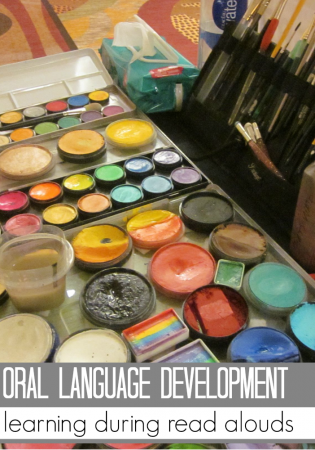
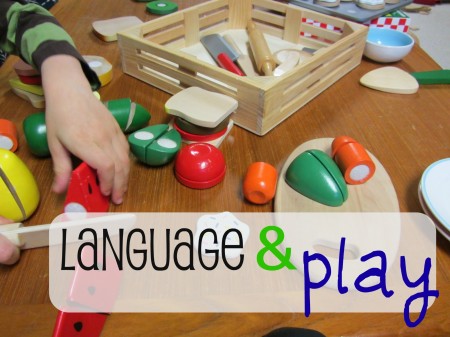
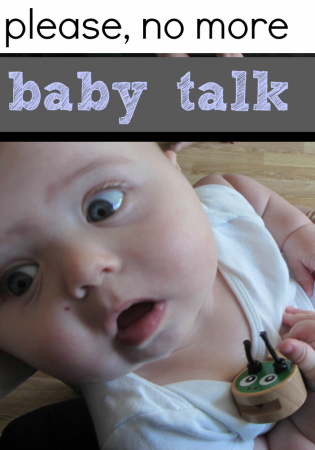
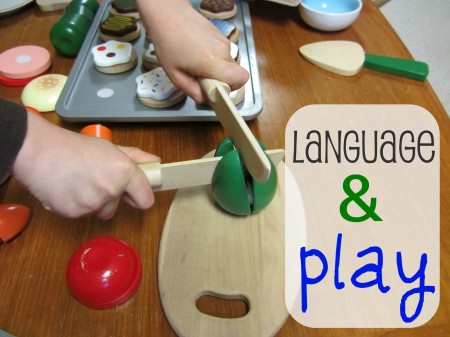
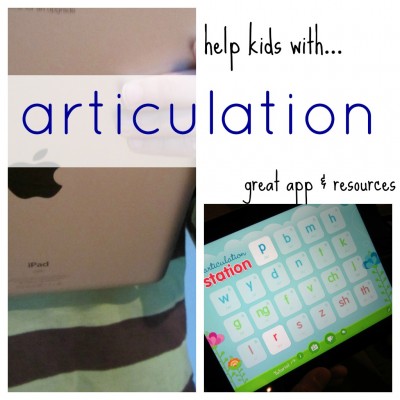
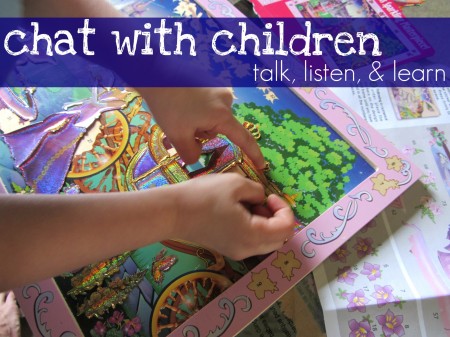

Dear Amy,
I am a new reader of "Teach Mama" and I really love your blog! I have a question about my daughter's speech. She speaks quite well for a four year old with very precise diction and a big vocabulary (we're all readers!), but her best friend, who is a few months older than her, speaks very babyish, having problems with his "r"s and "l"s sounding like "w"s. When they play together a lot she comes home talking like him and now she has started doing it without thinking. Is it worth correcting her each time or is it just a stage? I find it rather annoying, so I don't want to correct her out of my own frustration if it is not doing any permanent damage.
Thanks so much!
Allison
Thanks for sharing this resource, it's really interesting. All three of my girls have been extremely early talkers, but still different. My 7 year old had a huge vocabulary very early but was very difficult to understand for anyone but me or her daddy. She did not start to speak clearly until she learned to read and was able to actually see the letters and sounds that were in the words. My almost-5-year-old has always spoken very clearly. And my 2-year-old was also an early talker and fairly understandable. It is cute when she tries so hard to say words the big-girl way. This week she started stretching out her vowels ex. instead of saying "Cat" she says "Cay-uht." It's kind of cute 🙂
Yay! Uncle Will is so happy that the kiddos were talking and thinking of him!!
Thanks for the kind words, everyone!
Allison, that's such a good question. Maddy had the same thing happen with her this year at pre-K. Maddy has been speaking clearly for some time now, but her buddy has some speech challenges which Maddy ended up copying. It bothered me, to no end, but what I did to handle it was just repeat what she'd say–correctly. And then I'd drop it (as hard as that was for me to do). It's normal for kiddos to experiment with language, so I just looked at it that way–that she was playing with language a bit. Now that summer is here, she's speaking without a problem again.
Hi there. I’m very interested in taking a look at your age-appropriate speech sounds packet, but when I click on the link it says it is no longer available. Anyway you could send it to me?
Stef-JUST updated the post and links: http://teachmama.com/where-and-when-of-speech-sounds/ please let me know if you need anything else, and THANK YOU for the head’s up!